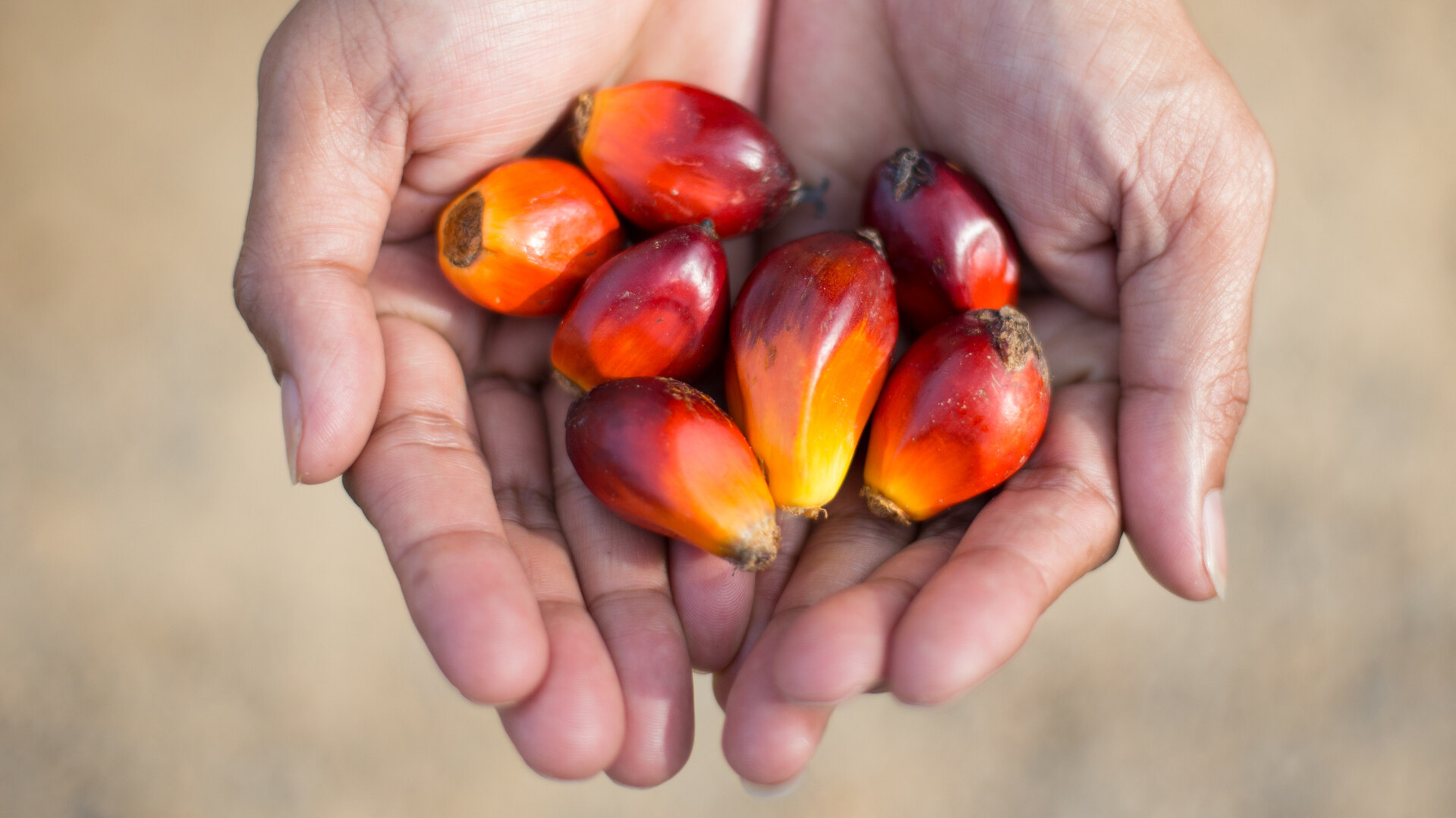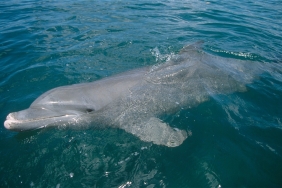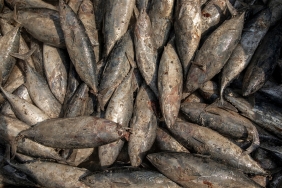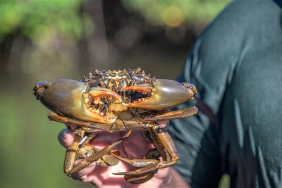SALTED FISH: GALE-GALE ECONOMIC SAVIOR
The morning atmosphere in the coastal countryside is beautiful, cool, beautiful, far from the hustle and bustle and noise of the city, only the sound of the waves adorns the ears. Some people have left the house to go to work and others are busy doing their own activities, some to school, to the market, to the garden. There are even those who are already on the coast, waiting for none other than the arrival of the fishermen who carry out fishing activities. That morning, the women of Gale-Gale Village are usually already at the beach with their parteng (fish storage container), none other than to buy fish caught by the fishermen.
"Abang beta jua (also) fish 300,000" said the woman next to him.
"Abang beta lae (again) the fish is 500,000" said another. Such was the atmosphere of buying and selling fish on the coast of Gale-Gale. Then the women began to lift the parteng filled with fish, bringing it home to be processed into salted fish.
For a long time, the people of Gale-Gale Village, West North Seram District, Central Maluku Regency, Maluku Province, have been one of the villages producing salted fish. Usually, the women market their salted fish not only within the village but also outside Gale-Gale Village, such as in neighboring villages; Sapola, Karlutu and Masohi City.
That is the productive habit of mothers in Gale-Gale, in addition to being housewives, they also help their husbands in meeting the economic needs of the household. Mama-mama in Gale-Gale know that salted fish is one way to maintain the quality and quality of fish so that it can be utilized in the long term, by processing fish the benefits obtained are greater. These mothers also know what months the fish catch is plentiful and when the catch is small, the ups and downs of the catch are also caused by sea waves so that fishermen do not go to sea. So at the time of the fish catch, mama-mama in Gale-Gale flocked to make salted fish. Armed with simple equipment such as knives, kuru-kuru (a tool to open the scales) and parteng, mama-mama began processing fish into salted fish. This product is used as an alternative income in months that lack catches. The salted fish is very salable until it is sold out.
The types of salted fish raw materials commonly produced include lalosi fish (Caesio sp), parrot fish (Scarus sp), sarlinya fish (Sardinella sp), momar fish (Decapterus macarellus), lema fish (Rastrelliger kanagurta), and make fish (Herklotsichtys quadrimaculatus), and previously some people made salted fish from maming fish (Napoleon).
"Katong (we) seng (don't) know that maming (napoleon) fish is tarabole (not allowed) to be caught barang (because) katong seng there is a notification" said Mama Uci, one of the housewives who process salted fish in Gale-Gale Village. Legally, this maming fish has been protected in the Decree of the Minister of Marine Affairs and Fisheries of the Republic of Indonesia Number 37/KEPMEN-KP/2013 concerning the Determination of the Protection Status of Napoleon Fish (Cheilinus undulatus), limited to certain sizes, namely sizes of 100 grams to 1000 grams and sizes of more than 3000 grams.
Lack of knowledge from the local community and the absence of socialization about the types of protected marine animals, especially sea turtles, dugongs, dolphins, sharks, whales, manta rays and maming fish species, make the people of Gale-Gale village do not know what types of fish are not allowed to be caught, consumed or traded. After the WWF-Indonesia Fisheries Enumerator Team as an implementing partner of the USAID Sustainable Ecosystems Advanced (USAID SEA) Project in Gale-Gale Village helped to provide understanding to the community about protected fish species, the Gale-Gale community began to realize it and no longer made maming fish as a consumption fish and raw material for salted fish.
This is in accordance with the vision of the Ministry of Marine Affairs and Fisheries, in collaboration with WWF-Indonesia as an implementing partner of USAID Sustainable Ecosystems Advanced (USAID SEA), which is to support the establishment of Coastal and Small Island Conservation Areas (KKP3K) in North Seram and West North Seram. One of the best solutions to reduce threats to marine ecosystems is the establishment of KKP3K TPK (Small Island Park) Serutbar (Seram Utara and Seram Utara Barat) which will protect important habitats for spawning fish and endangered marine animals. This can provide benefits for building sustainable fisheries from an ecological as well as social and economic perspective. The MPA management plan not only focuses on protecting marine ecosystems, but also developing the potential of existing fishery products to become an alternative income for local communities.





